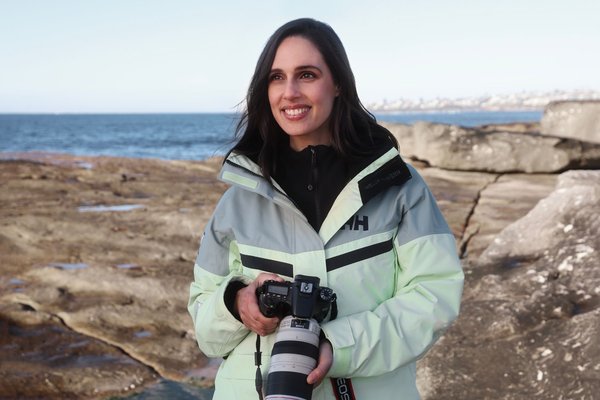Taxonomists share their expertise for biosecurity
Quarantine scientists recently attended an Australian Museum workshop to improve their skills at identifying invasive Diptera, a large order of insects, many of which pose a threat to Australia's biosecurity.
By Rebecca Hancock
Australian Museum entomologists Dr Dan Bickel and Scott Ginn ran a three-day workshop in April for Australian Quarantine Inspection Service (AQIS) entomology staff from around the country. The workshop aimed to enhance AQIS staff skills at identifying Diptera, also called true flies - insects with a single pair of wings such as fruit flies, blow flies, mosquitoes, gnats and midges.
'Because of the potential threat posed by some Diptera species to Australian agricultural industries, AQIS entomologists across Australia were keen to learn more about identifying invasive species of fruit flies, leaf miners and other Diptera', said Mr Ross Rickard, Senior Entomologist at AQIS, 'so we asked if the Australian Museum could provide some training'.
The course designed by Dr Bickel focused on major families of quarantine importance, covering morphology, general life histories, invasive species, literature and preservation of specimens.
'We provided hands-on practice at identifying and distinguishing species using the Diptera identification keys, which can be difficult to interpret', commented Dr Bickel.
'Students were given unknown specimens to identify from some 50 different families of Diptera in both the adult and larval stage. Some participants also brought Diptera from their own AQIS branch interceptions and especially difficult groups they have encountered', Dr Bickel added.
Australia has to date avoided many of the pests that have afflicted other countries, thanks to some of the tightest quarantine regulations in the world. Accurate on-site identification of Diptera and other insects in incoming shipments enables quarantine entomologists to decide quickly if these pose a biosecurity threat and take the appropriate course of action to protect our primary industries.
Dr Bickel, Principal Research Scientist, is a world expert in Diptera. He concentrates on the systematics of several Diptera families, primarily from Australia and the southwest Pacific, and has described more than 550 previously unknown species.
Scott Ginn, Technical Officer, carries out fly identifications for large scale biodiversity surveys as part of his role at the Museum. In a recent survey conducted in the Pilbara, Western Australia, Scott identified more than 28,000 fly specimens.








